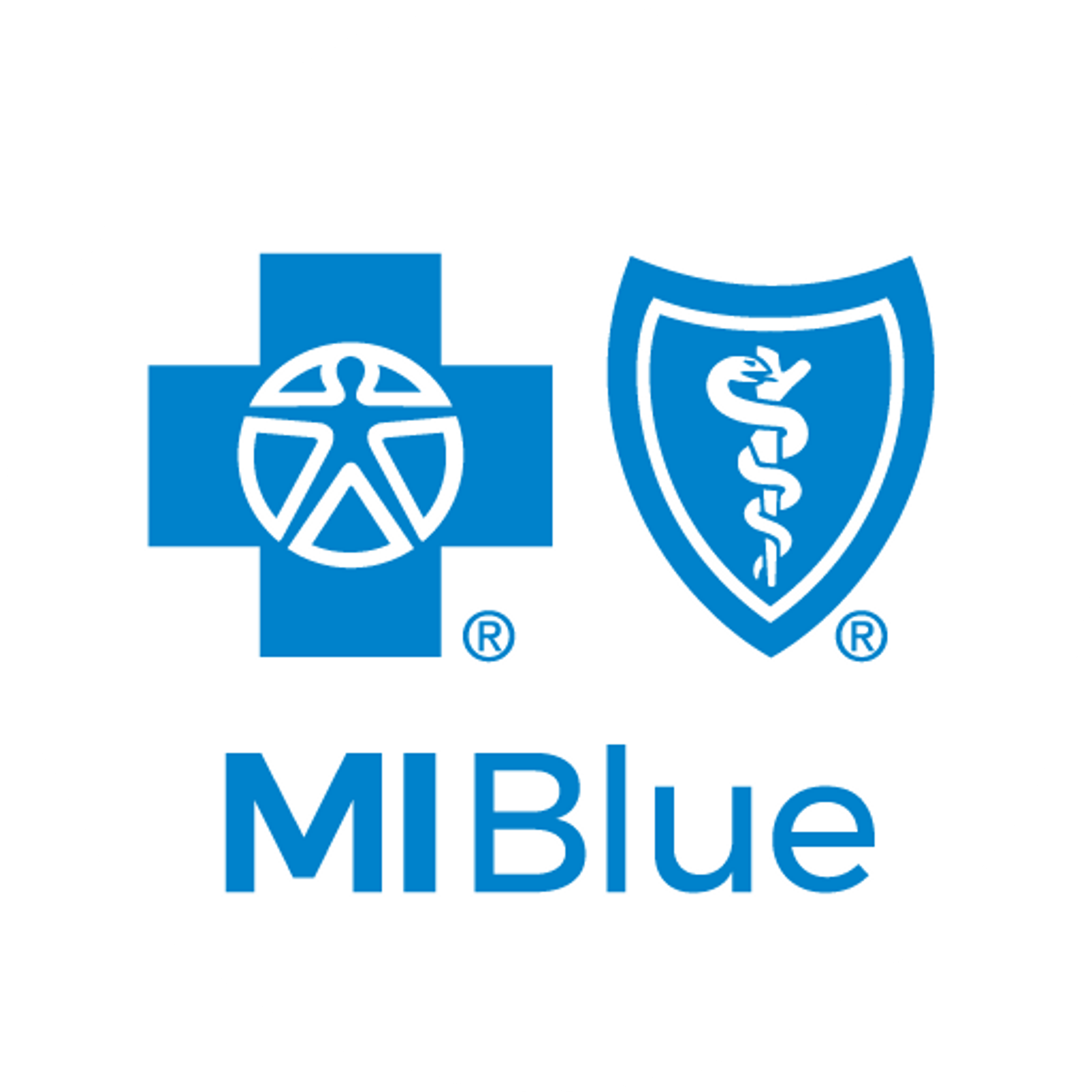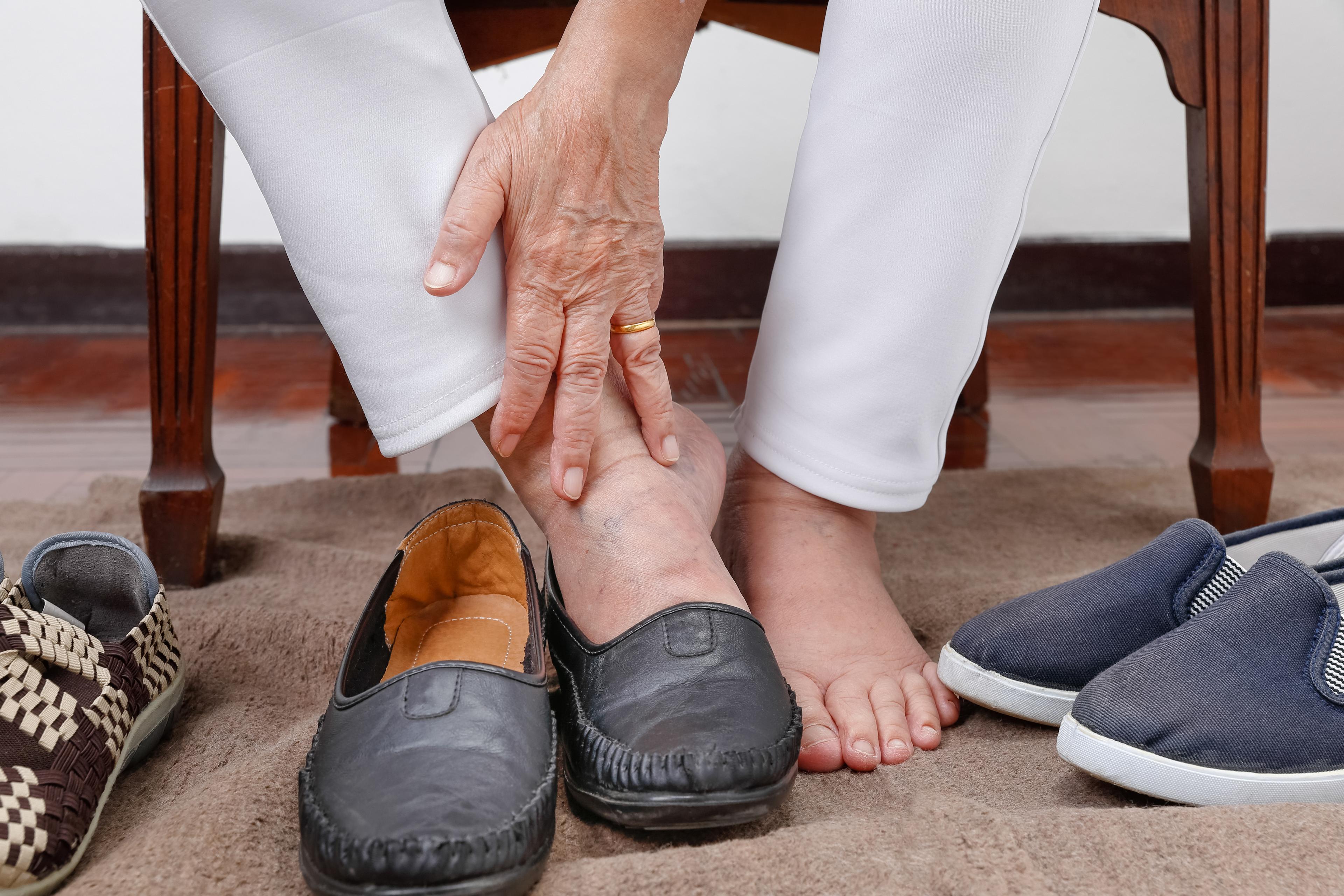The Connection Between Emotional Health and the Heart

Blues Perspectives
| 3 min read

It’s a ritual greeting we perform without thinking. As you’re going through your day, you likely greet people with ‘how are you doing?’ and you, in turn, likely reply to the same greeting with a simple ‘fine’ or ‘great’ and move along. But Shannon Cohen wants you to use that same familiar question in a new way. She wants you to start asking yourself ‘how am I doing?’ and then follow that up with ‘what do I need to be well?’
Shannon Cohen speaking at the 2019 Go Red for Women luncheon in Grand Rapids. The founder and principal of Shannon Cohen, Inc., was the featured speaker at the American Heart Association’s 2019 Grand Rapids Go Red for Women luncheon. Her talk focused on the connections between emotional health and physical health, particularly when it comes to the heart. Blue Cross Blue Shield of Michigan was a sponsor of the luncheon There’s no firm researched link between stress and heart disease, but according to the American Heart Association, “there’s a growing belief that it’s an additional risk factor, and maybe even more dangerous than some others,” as stress does increase adrenaline and cortisol, which affects blood pressure and heart rate. “With stress, blood pressure and heart rate both increase. The increased blood pressure makes the heart try to work harder to push the blood out to feed, not only the heart, but the brain and other organs in the body,” explained Dr. Denice Logan, medical director at Blue Care Network, an attendee at the 2019 Go Red event. “If the flow of blood just can’t get to the heart, a heart attack will occur.” Logan said this can be a progressive process over time or happen immediately if blood vessels and arteries become blocked. “Whether you have narrowed blood vessels from high blood pressure, high LDL cholesterol, high triglycerides, a family history of heart disease, diabetes with poor control, a sedentary lifestyle, or obesity, adding stress to one or all of these could be deadly. Actively minimizing all of these, or just the reversible risk factors could provide immense improvement in your quantity and quality of life,” Logan explained. Depression and heart disease are linked in numerous ways. Patients hospitalized because of a heart attack or coronary artery bypass surgery suffer from depression at higher rates than the rest of the population. And, research also points to depression as a risk factor for developing heart disease. “It’s not selfish putting yourself first,” Cohen said, pointing out that if your emotional reserves are stretched thin, you can’t be an effective leader, parent, friend or any of the other many roles people play in everyday life. Cohen specializes in developing customized emotional intelligence and wellness trainings but at the pinnacle of her career found herself emotionally running on empty, despite a high-functioning outer appearance. She said self-care was non-existent and she finds that many “rockstar” women are finding themselves in the same position. Dr. Logan agreed. “As women, we are always multitasking, which means we tend to ignore the early signs of a heart attack,” Logan said. “These can include chest tightness or pressure with exertion. We exert ourselves all the time, so why should we pay attention to this? We should, but don’t.” Women feel pressure to take care of everyone else’s needs, while ignoring the signals their own bodies send demanding to be taken care of. Cohen said perpetually ignoring your body and its health needs will always cost you more in the long-run. She encouraged everyone to make time for themselves and to create space for connecting with and focusing on emotional and physical health needs. “How would it impact our heart health to be well,” she asked the crowd. If you found this post helpful, read these:
- 4 Ways Women Can Lower Heart Disease Risk
- How Heart Disease Affects Different Races
- Susie's Story: Surviving a "Widowmaker" Heart Attack
Photo credit: MangoStar_Studio





